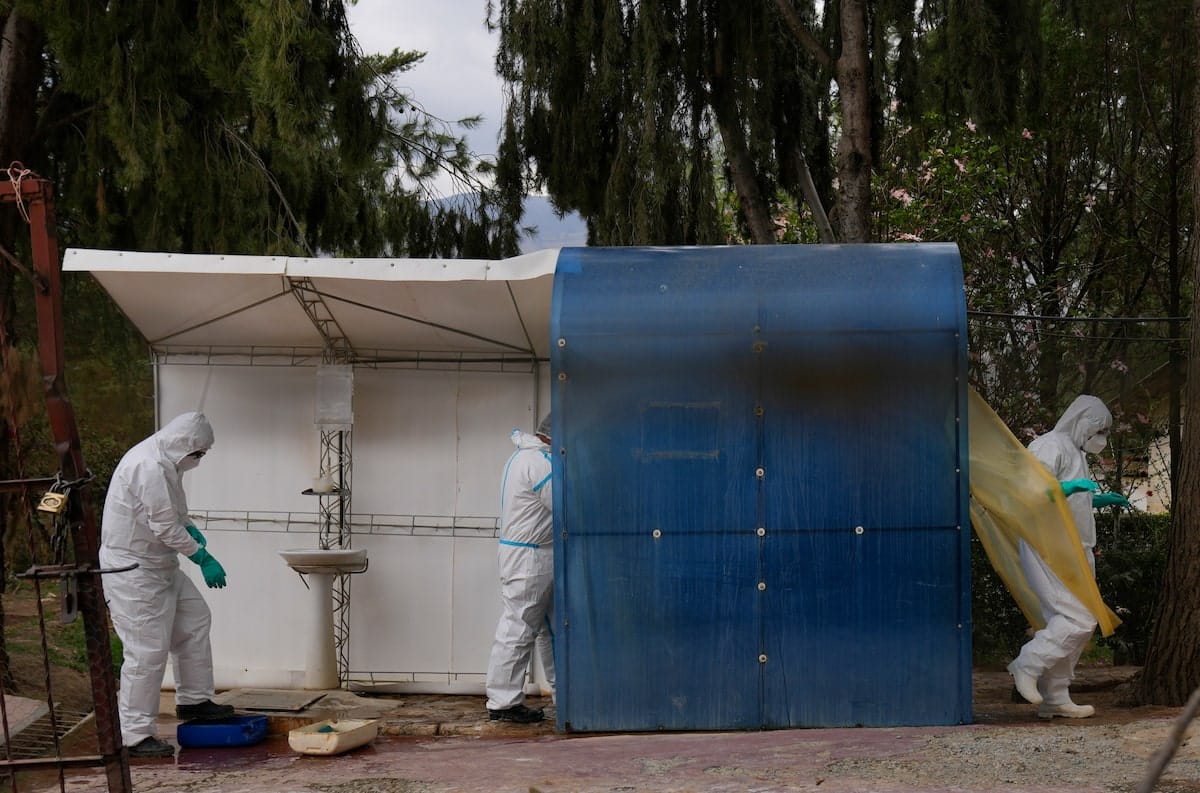The U.S. Department of Health and Human Services (HHS) has announced a significant investment in the fight against avian influenza, commonly referred to as bird flu. The HHS has awarded a contract worth $590 million to Moderna Inc., a leading biotechnology company, to accelerate the development and manufacturing of a vaccine against the H7N9 strain of the virus. This substantial funding is part of the government’s broader strategy to enhance the nation’s pandemic preparedness and response capabilities.
Government Initiative for Pandemic Preparedness
The HHS has been proactive in addressing potential pandemics, recognizing the importance of being prepared for future health threats. This investment in Moderna’s bird flu vaccine trial is a continuation of the government’s efforts to strengthen the healthcare infrastructure and ensure that effective medical countermeasures are available. The H7N9 strain of avian influenza has been a concern due to its potential to cause severe illness in humans, making the development of a vaccine a critical priority.
Moderna’s Role in Vaccine Development
Moderna, known for its pioneering work in messenger RNA (mRNA) technology, has been at the forefront of vaccine development during the COVID-19 pandemic. The company’s mRNA platform is being leveraged to create a vaccine against the H7N9 strain, which has shown promise in early-stage trials. The $590 million contract will support Moderna in scaling up its research and manufacturing capabilities, ensuring that the vaccine can be produced in large quantities if needed.
Collaboration for Public Health
The partnership between the HHS and Moderna is a testament to the importance of public-private collaboration in addressing global health challenges. By providing substantial funding, the HHS aims to accelerate the vaccine development process, reduce potential delays, and ensure that the U.S. is well-equipped to respond to any future outbreaks of the H7N9 strain. This investment is part of a broader strategy that includes support for other vaccine candidates and research initiatives focused on emerging infectious diseases.
Global Health Implications
The development of a vaccine against the H7N9 strain is not only crucial for the United States but also has global implications. Avian influenza outbreaks can spread rapidly across borders, highlighting the need for international cooperation in vaccine development and distribution. The HHS’s investment in Moderna’s research reflects a commitment to global health security and the recognition that effective pandemic response requires a coordinated effort on a global scale.
Conclusion
The HHS’s $590 million investment in Moderna’s bird flu vaccine trial underscores the importance of proactive pandemic preparedness. As the world continues to grapple with the COVID-19 pandemic, the threat of emerging infectious diseases remains a pressing concern. By supporting the development of a vaccine against the H7N9 strain, the U.S. government is taking a significant step towards enhancing the nation’s ability to respond to future health crises. This investment is a testament to the commitment to public health and the recognition that effective medical countermeasures are essential for protecting the population from the devastating impact of pandemics.

